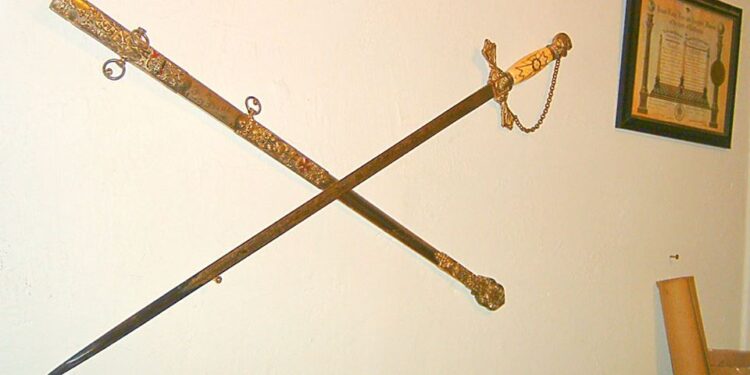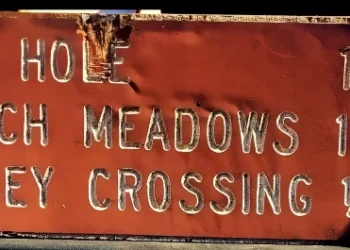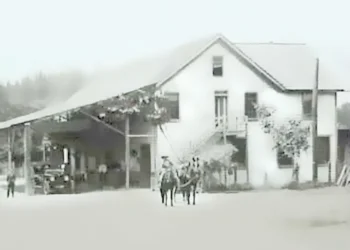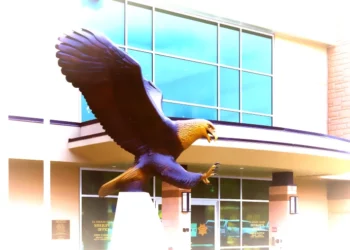The phrase “Meet upon the level, part upon the square” comes from Freemasonry and reflects important moral and philosophical teachings of the fraternity. Here’s a deeper meaning behind it:
- “Meet upon the level” emphasizes the equality among individuals, suggesting that all members, regardless of their social status or background, come together on the same level, respecting each other as equals.
- “Part upon the square” refers to departing with integrity and honesty, ensuring that interactions are fair, upright, and just, as symbolized by the square, a Masonic tool used to represent morality.
Together, the phrase encourages treating others with fairness, equality, and respect—both when coming together and when going separate ways.
Cris Alarcon – Royal Arch Mason / KT
A Royal Arch Mason is a member of a higher degree in Freemasonry, specifically within the York Rite. The Royal Arch degree is one of the key components of this rite and represents a significant advancement in Masonic teachings. It’s often referred to as the “completion of the Master Mason degree,” as it further explores the themes of knowledge, morality, and spiritual enlightenment introduced in earlier degrees.
The Royal Arch degree focuses on:
- The recovery of lost knowledge: Symbolically, it represents the search for and discovery of lost ancient knowledge and wisdom, particularly the loss and eventual recovery of the “True Word,” which plays a vital role in Masonic teachings.
- Moral and spiritual lessons: The degree emphasizes values such as faith, humility, and reverence, urging members to reflect on their own moral and spiritual progress.
- Esoteric symbolism: The Royal Arch degree incorporates powerful symbols, such as the Keystone and the Arch, which symbolize stability and connection, linking the physical with the spiritual.
For many Masons, this degree is considered the completion of the journey that began with the first three degrees of Freemasonry, often referred to as “Craft Masonry.” It offers deeper insight into Masonic teachings, exploring hidden mysteries and ancient traditions.
The Knights Templar is a prestigious order within Freemasonry, specifically part of the York Rite. It draws its name and inspiration from the medieval Knights Templar, a powerful Christian military order founded during the Crusades. However, modern Masonic Knights Templars are not directly connected to the historical Templars; instead, they adopt the symbolic traditions of chivalry, honor, and Christian values.
Key Features of the Knights Templar in Freemasonry:
- Christian Influence: Unlike most Masonic degrees, which are open to men of any faith who believe in a Supreme Being, the Knights Templar requires members to profess Christianity. The degrees in this order revolve around Christian themes, especially relating to the defense of the faith and moral conduct in alignment with Christian virtues.
- Degrees in the Knights Templar:
- Order of the Red Cross: Symbolizes truth and the power of faith over falsehood. It’s not strictly Christian but prepares members for the more explicitly Christian degrees.
- Order of Malta: Honors the Knights of Malta, another historical order of Christian knights. This degree focuses on piety, humility, and the virtues of the Christian faith.
- Order of the Temple: The most significant degree, it emphasizes service, sacrifice, and the ideals of the medieval Knights Templar. This degree incorporates profound Christian symbolism, including a focus on the passion and resurrection of Jesus Christ.
- Chivalric Code: Knights Templar Masons are charged with upholding the highest ethical and moral standards, inspired by the chivalric ideals of courage, integrity, and dedication to the defense of the Christian faith.
- Regalia and Symbolism:
- Knights Templar Masons wear distinctive regalia, including a white mantle with a red cross, which reflects the medieval Templars’ attire.
- The cross and crown are prominent symbols in this order, representing faith and the ultimate reward of salvation.
- The sword is an important symbol, signifying defense of the weak, the fight for justice, and protection of faith.
Purpose and Role:
While steeped in Christian traditions, the modern Knights Templar in Freemasonry emphasizes charitable work, spiritual reflection, and the continued pursuit of moral righteousness. Members see themselves as spiritual warriors upholding the values of faith, hope, and charity in daily life.










